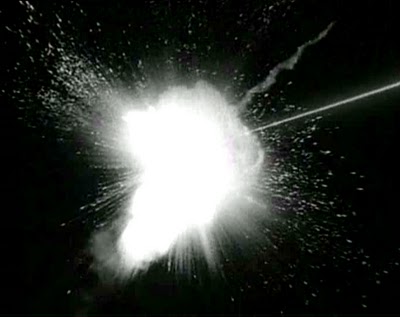‘Battle not with monsters, lest you become a monster, and if you gaze into the abyss, the abyss also gazes into you.’ –Nietzsche
Above the Restoration Hardware in this Jersey Shore town, not far from the Navesink River, lurks a Wall Street giant.
Here, inside the humdrum offices of a tiny trading firm called Tradeworx, workers in their 20s and 30s in jeans and T-shirts quietly tend high-speed computers that typically buy and sell 80 million shares a day.
But on the afternoon of May 6, as the stock market began to plunge in the “flash crash,” someone here walked up to one of those computers and typed the command HF STOP: sell everything, and shutdown.
Across the country, several of Tradeworx’s counterparts did the same. In a blink, some of the most powerful players in the stock market today — high-frequency traders — went dark. The result sent chills through the financial world.
After the brief 1,000-point plunge in the stock market that day, the growing role of high-frequency traders in the nation’s financial markets is drawing new scrutiny.



